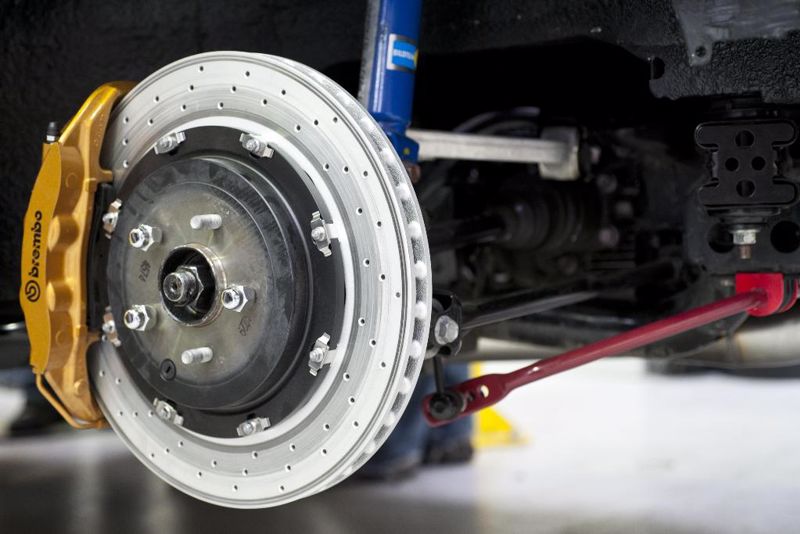

No driver, auto company or parts manufacturer wants to encounter a situation where brakes fail while a vehicle is in use, and fortunately there are many ways to get around these concerns. Most often, it's as simple as replacing brakes or their components on a consistent basis, but that may not always be feasible for individuals or entire fleets of cars, vans, trucks or other motor vehicles.
Typically, this is a kind of preventive effort; by following prescribed manufacturer recommendations based on mileage and usage, brakes can be swapped out before they become a problem for drivers or vehicle owners. However, that's not a fully effective s "one size fits all." Now, new technology is coming to the fore that could help commercial fleet operators in particular: brake noise testing.
The idea of brake noise testing is not exactly new, and people have been using their ears to detect problems with their brakes for as long as cars have been around, according to GRAS Acoustics. However, consumers understandably don't like the sounds of squealing, rumbling or grinding that can be indicators of potential problems with these auto parts, and companies have been trying to develop brake parts that are actually quieter even if something is wrong with them due to wear and tear.

The new frontier
While brakes may be getting quieter, a new product from BrakeAudit can actually detect the wear of brake linings for entire fleets of vehicles through audio monitoring alone. In fact, the National Academy of Sciences, Engineering, and Medicine's Transportation Research Board recently released research showing how effective these sensors can be.
The way they work is relatively simple: High-tech sensors are installed along a roadside to specifically monitor the sound the brakes make, and can identify signs of wear and tear that the human ear and even other equipment cannot, according to the company. In a test of eight vehicles with drum brakes and six with disc brakes that had worn below minimum manufacturer-recommended thickness, the audio frequency detected by the sensors flagged these vehicles as needing critical replacements.
"The use of this information in predictive maintenance significantly reduces the maximum time a problem could go undetected between periodic inspections," BrakeAudit said in announcing the results. "This data helps with scheduling planned maintenance and parts inventory, and identifies sudden changes such as breakages, contamination of components, and reduces unplanned downtime due to failed inspections."
However, this was a small-scale study, and BrakeAudit is now looking for partnerships to conduct a longer-term study that can determine the true efficacy of the audio testing method.
A closer look
Again, it's long been understood that brakes make different sounds which can indicate ongoing or upcoming performance issues, so it stands to reason that there may be problems that show up on frequencies that drivers can't hear during use due to a number of factors. Those can include engine noise, the vehicle's stereo, traffic, weather conditions and so on. But if a sensor is installed, say, at a parking lot where a commercial fleet stops on a regular basis, the same vehicle can have its brake noise checked externally every single day, and the readings can be compared to previous data, according to The Brake Report.
In an interview with the site, BrakeAudit cofounder Brian Hearing, an engineer and acoustics expert by trade, noted there are other benefits to such monitoring, as well.
"Brake line leaks are something we can detect, which was a surprise to us," Hearing said. "Further down the line you can apply it to the entire vehicle. The engine makes certain sounds, the exhaust system. But we're really focused on brakes at this point."
This issue, and similar cutting-edge monitoring, is something those in the automotive components industry would be wise to monitor carefully going forward, as developments here could materially alter the testing landscape going forward.
Greening Testing Laboratories is a fully certified brake testing lab that provides a variety of brake testing services worldwide. Contact Greening for a complimentary consultation.